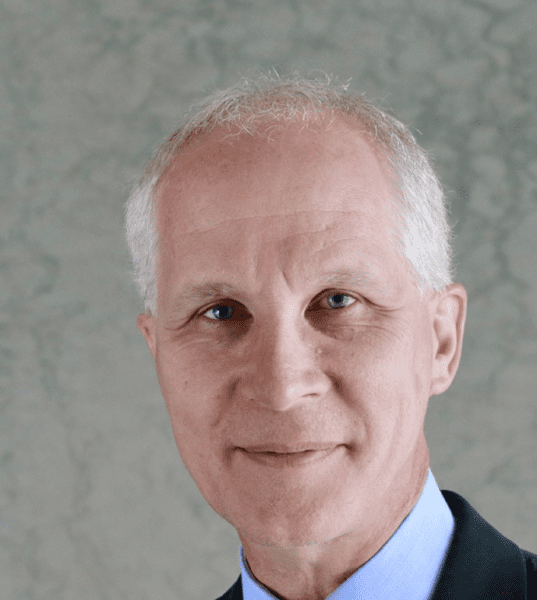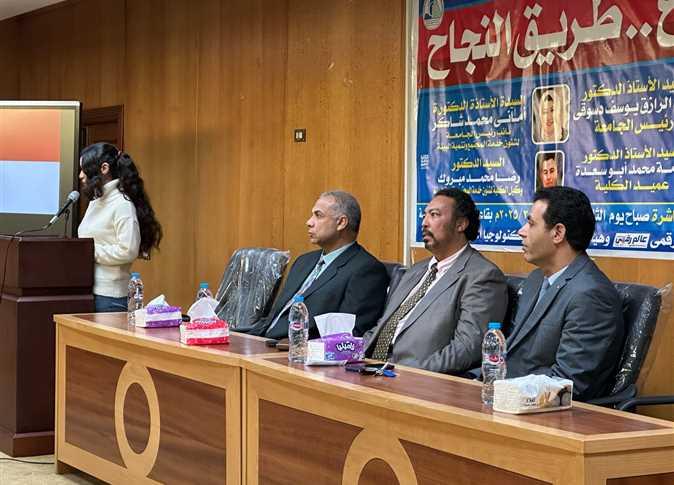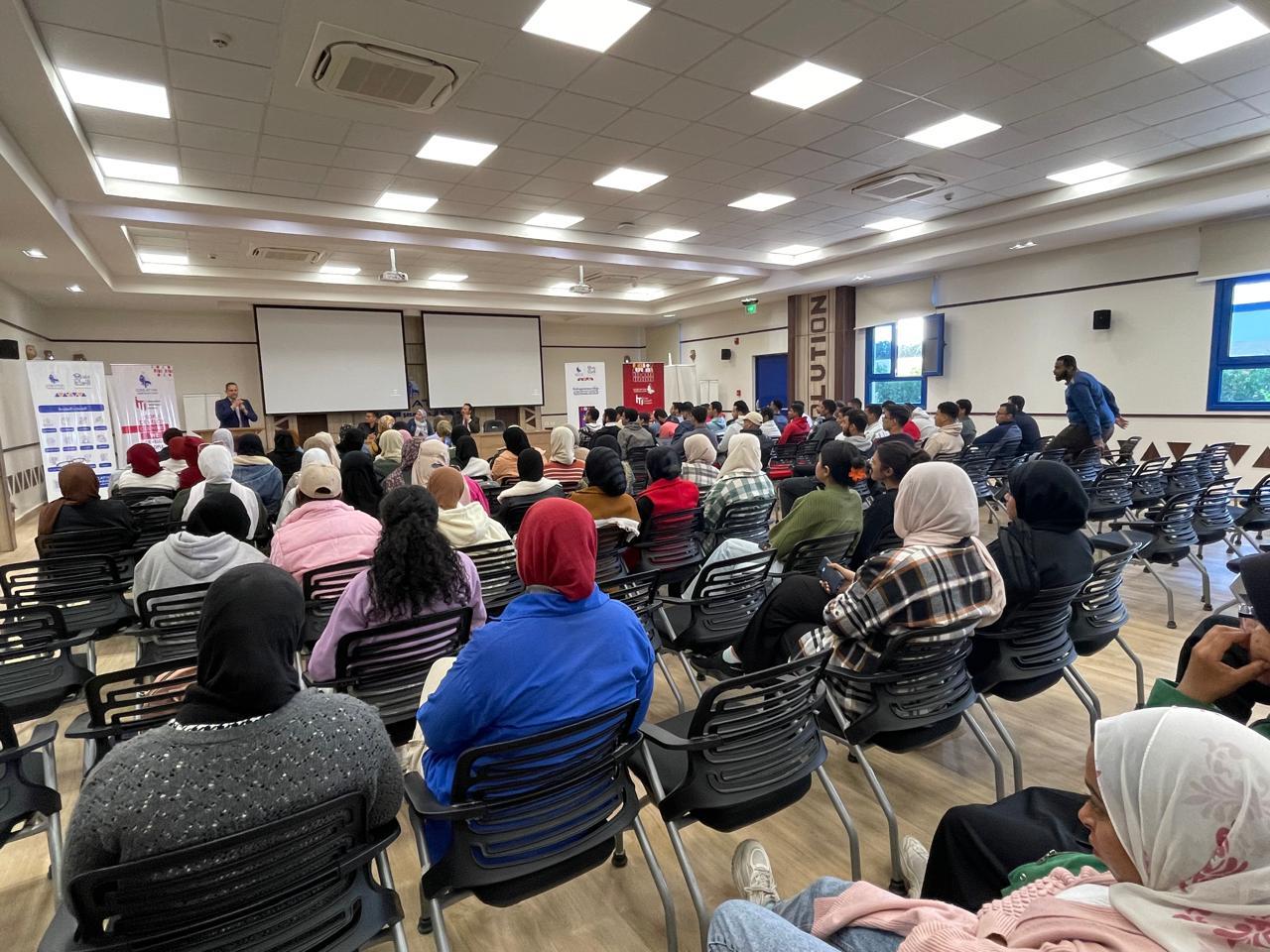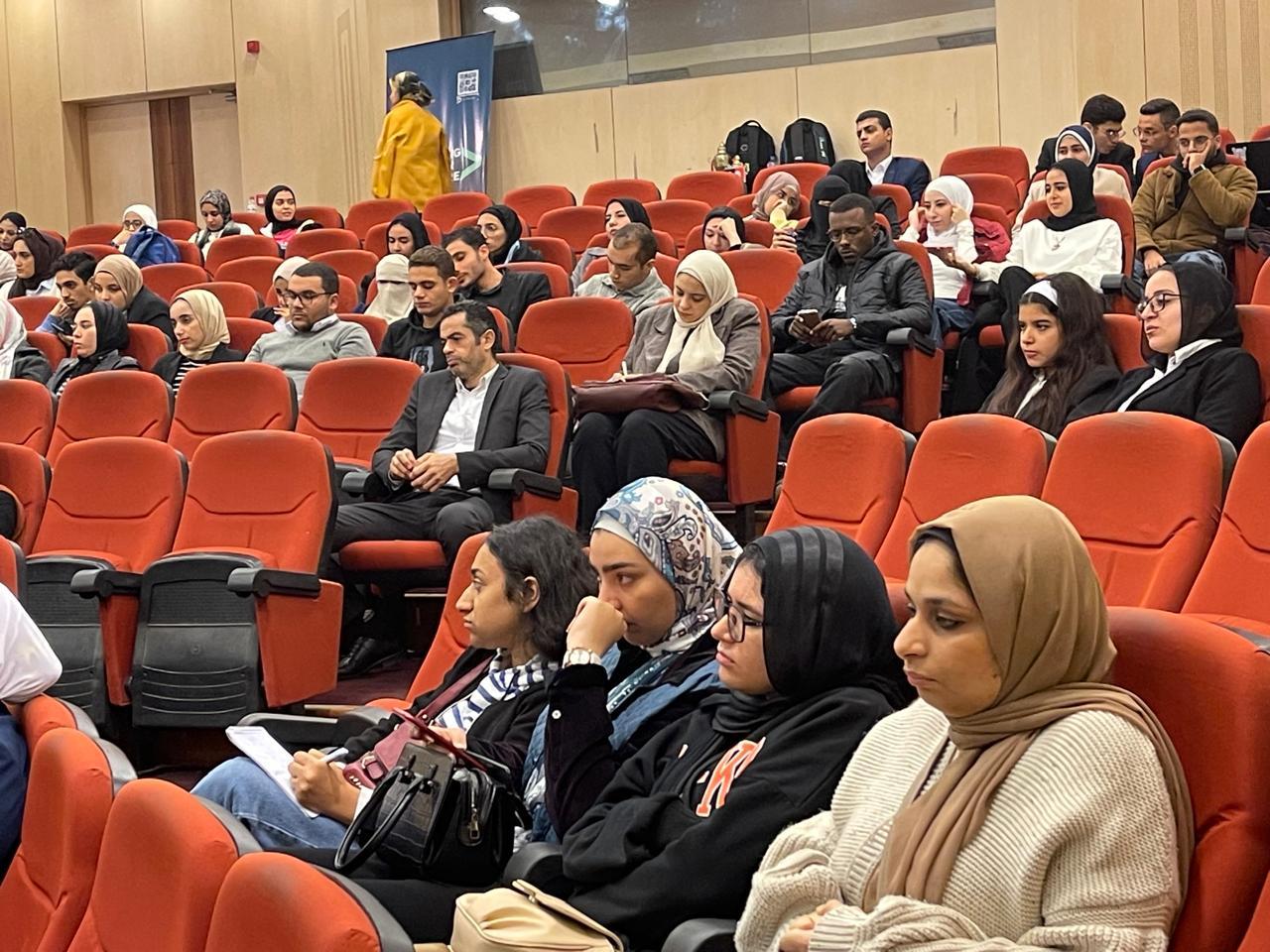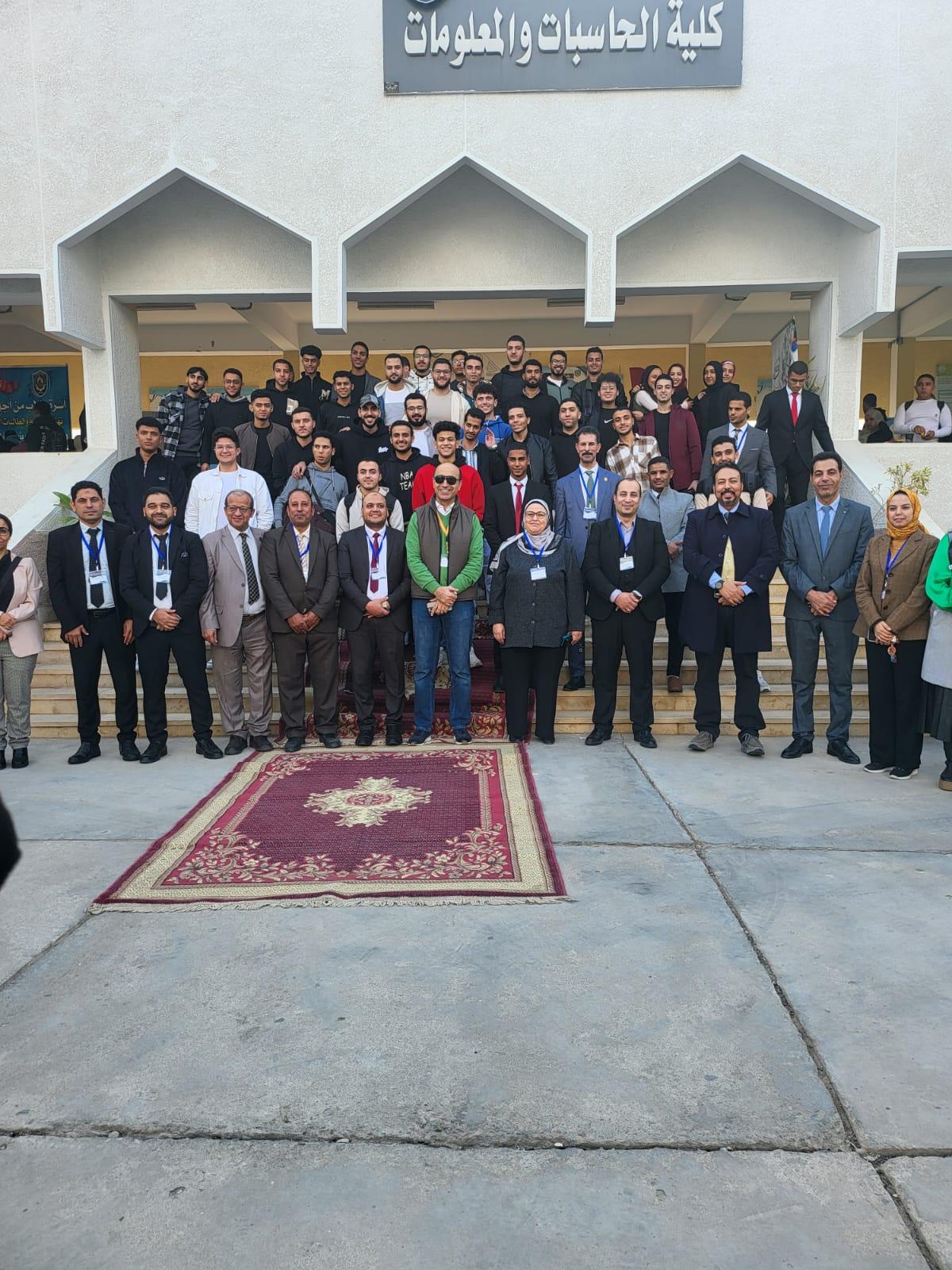By; Karim Yaici
Industry Analyst, Ookla
Egypt’s mobile telecom market is one of the largest and most dynamic in the Middle East and North Africa (MENA) region. With a population exceeding 100 million, the sector has achieved high mobile penetration and widespread network coverage. Yet, the market faces a number of challenges that threaten its future growth. As the nation awaits the introduction of 5G, many hope this technological leap can reinvigorate the market and stimulate broader economic benefits.
Egypt's mobile market is the largest in North Africa. At the beginning of 2025, there were 116 million mobile subscribers, corresponding to a population penetration of 99%, as many users typically carry multiple SIM cards. Heavy investments from major mobile players ensured that access to mobile services was near universal. The government has also prioritized digital infrastructure to bridge the digital divide between urban and rural regions with initiatives such as the ‘Decent Life’ project.
However, Egypt has room to improve its mobile network performance. According to Ookla’s Speedtest Global Index, the country ranked 85th globally in March 2025 with a median mobile download speed of 28.96 Mbps in Q1 2025. This places Egypt behind some North African neighbors, such as Morocco (61st, 47.65 Mbps) and Tunisia (44th, 52.31 Mbps). In fact, Tunisia jumped 39 places in the global ranking between January and March 2025 since launching 5G services and now leads the North African region.
Mobile median download speed, Egypt, Morocco and Tunisia Source: Speedtest Ingelligence® | Q1 2024 – Q1 2025
With the market reaching saturation levels, subscriber growth is plateauing, and revenue increases have slowed down. Even if mobile internet demand continues to rise, data monetization has lagged behind expectations as networks cannot support advanced services that could take advantage of higher throughput and lower latency.
Telecom operators also operate in a challenging economic climate marked by high interest rates and surging inflation. These factors collectively drive up operational costs and erode profitability. In response, they have started adjusting their pricing for the first time since 2017. Rising internet and mobile costs could lead to a shift in consumer behavior and reduced spending on telecom services, further limiting demand and impacting revenue growth prospects.
In the face of these challenges, the upcoming launch of 5G services offers several potential benefits that could help reverse these trends:
● The deployment of 5G is expected to transform the mobile market in Egypt. By offering significantly faster download speeds, lower latency, and more reliable network connections, 5G can alleviate problems such as slow data speeds and inconsistent coverage. Quality enhancements can provide better value for money and improve customer satisfaction, helping to re-engage customers and encourage them to spend on mobile services.
● 5G networks are more efficient, meaning the overall operating cost may decrease over time. These cost savings can ease the burden on operators to maintain their networks, some of which can eventually be passed on to consumers. Lower service costs combined with superior connectivity can help convince cost-sensitive consumers to maintain or increase their spending on mobile services.
● The introduction of 5G will unlock new revenue opportunities for mobile operators. By enhancing mobile data monetization, operators can expand their service offerings into previously underutilized areas such as mobile gaming and high-definition video streaming. This evolution not only benefits the operators by opening up additional revenue streams but also paves the way for broader economic benefits. Enhanced connectivity can empower sectors like healthcare, education, and smart city initiatives, contributing to overall economic modernization and digital transformation.
Egypt's mobile operators were awarded 5G licenses in 2024. Trials of 5G services have been ongoing since then, with a nationwide rollout and commercial launch planned for 2025. Operators’ readiness means the transition to 5G can be relatively smooth, helping mitigate the infrastructural bottlenecks that have hindered past growth. As operators continue to upgrade the network infrastructure, integrating 5G services is likely to reinvigorate customer interest and restore confidence in the market’s growth potential.
Improved service quality and expanded 5G coverage are also expected to help Egypt climb global rankings in mobile broadband performance. By closing the gap with regional peers like Morocco and Tunisia, Egypt can better position itself as a competitive player in the global digital economy. This advancement is crucial not only for the telecom sector but also for positioning the country as a hub of innovation and technological progress in the wider MENA region.






